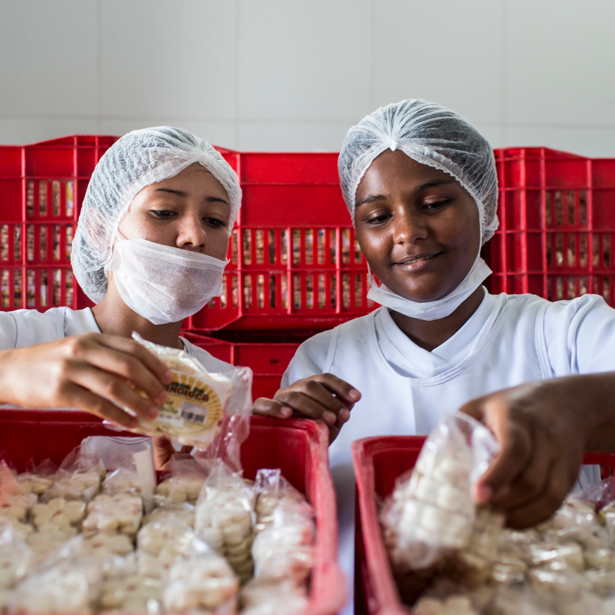Arindom Datta, Head of Sustainability, Asia at Rabobank describes the agri-finance landscape in India, Rabobank's experience serving approximately 5.5 million people around the world and his role as part of the Steering Committee for SAFIN's ongoing Investment Prospectus work in India.

Arindom Datta, Asia Head, Sustainability Banking at Rabobank
Can you tell us about Rabobank and its history?
Rabobank is an international financial services provider operating on the basis of cooperative principles. It offers retail banking, wholesale banking, private banking, leasing and real estate services. As a cooperative bank, Rabobank puts customers’ interests first in its services, and is committed to making a substantial contribution to welfare and prosperity in the Netherlands and to feeding the world sustainably. The Rabo Foundation was set up forty years ago by local banking cooperatives. In forty years Rabo Foundation has developed into a professional development aid organisation. Today it serves approximately 5.5 million people around the world, operates in no fewer than 25 countries supporting some 200 different projects annually and, with nearly two million members, is one of the largest cooperatives in the Netherlands.
Can you tell us a little bit about yourself and your role in Rabobank?
I worked in the public, private and development sectors in different capacities for over 26 years and have a deep knowledge and experience in Rural Finance, Cooperative Banking, Microfinance and Agribusiness. I decided to join Rabobank because I believe that the Bank’s experience, expertise and its profound knowledge in cooperatives, banking and agriculture can make a real difference in the agri-finance world. I am currently the Head of Rabo Foundation India and I am responsible for the Sustainability Banking business in Asia. Before joining Rabobank, I worked with NABARD, IDBI Bank and CARE India. I am a graduate from St. Stephens’ College, Delhi and have an MBA with specialization in Finance and Strategy from Indian Institute of Management, Kozhikode.
What do you think are the most significant developments in India in the past couple of years in terms of the agri-finance landscape?
The recent years have been extremely positive and full of important developments in India in terms of the agri-finance landscape. First of all, more than 4,000 Farmer Producer Companies (FPC) have been set up and some of them have been able to attract capitals and negotiate good market rates. Secondly, technology has acted as an aggregator of farmers with new and improved platforms and useful data that helps address the issues of smallholders and agri-SMEs, specially access to finance and organised markets. Thirdly, more and more professionals are getting into the field of addressing the issues of fragmentation in agriculture.
Why did Rabobank decide to join SAFIN?
Rabobank shares the network's vision of a more inclusive and sustainable agri-finance ecosystems. We believe that we can play a major role in contributing to the work of SAFIN thanks to our experience and knowledge on cooperatives, banking and agriculture. At the same time, we feel that we can learn a lot from the other partners and greatly appreciate the knowledge sharing environment of the network.
How is Rabobank contributing to the work of the network?
Rabobank is involved in the “Alignment of investment” around inclusive models work stream and, specifically, in the Investment Prospectus Framework (IPF) work for India. It is a member of the IPF Steering Committee in India and is now preparing for the first in-country meeting of the Steering Committee scheduled to take place next month. It has also shared its knowledge and insight on blended finance solutions for agri-SMEs with the network.

